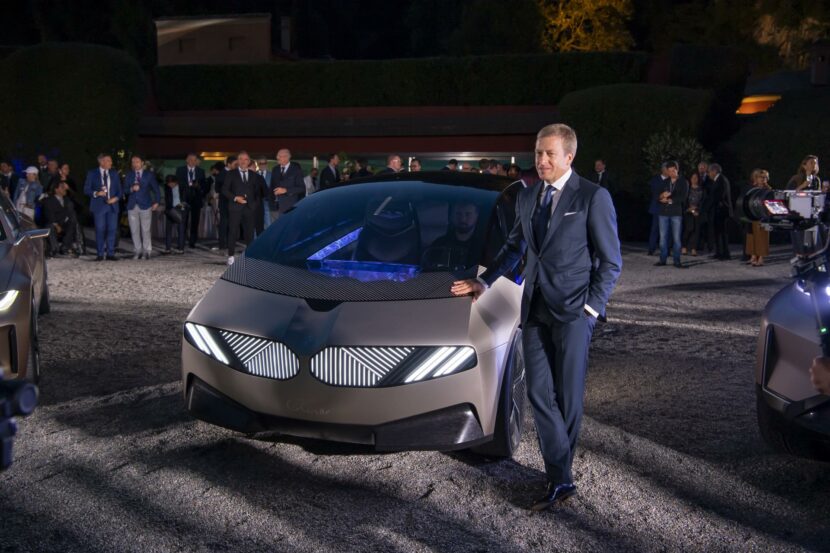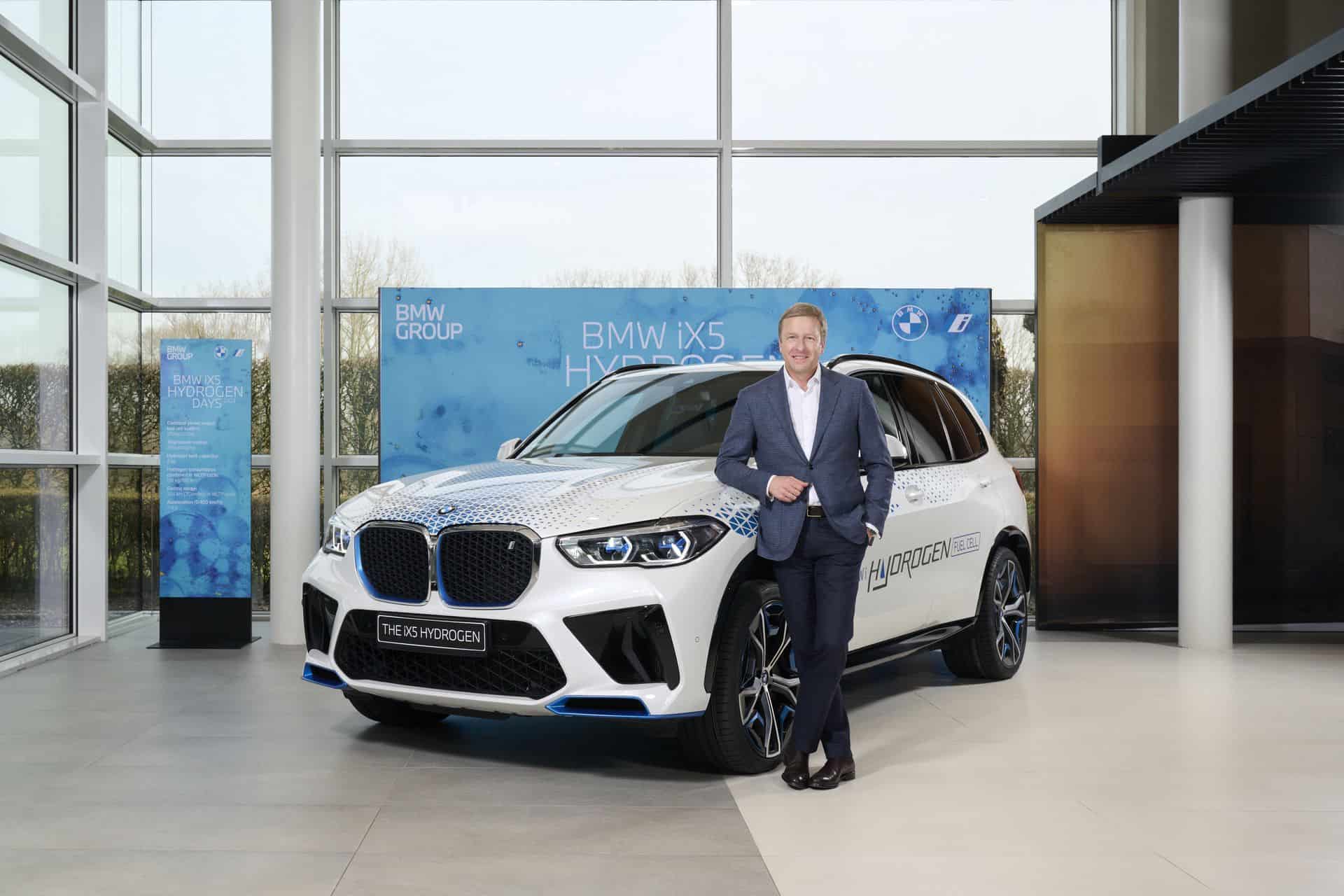In a recent lecture at the Rhine-Main Economic Initiative in Frankfurt, BMW boss Oliver Zipse made a statement that echoed throughout the automotive industry: “We don’t want to write off the combustion engine.” This declaration sets BMW apart from its competitors, particularly Mercedes, as the German automaker refrains from specifying an expiration date for the production of cars with traditional combustion engines.
Furthermore, according to FAZ, Zipse defended BMW’s approach, asserting that openness to technology is not a sign of indecision but a strategic move to avoid prematurely dismissing products that still hold market relevance. While BMW aims to boost the share of electric cars in its sales from 15 percent to 50 percent by 2030, Zipse contends that it is not necessary to exclusively focus on electric vehicles. The demand for BMW electric cars is rising, yet sales of combustion engines and plug-in hybrids have only experienced a slight decline, leading Zipse to advocate for driving in two lanes.
Balancing Environmental Goals

Zipse believes that BMW’s strategy aligns with international climate protection goals, as evidenced by the Scientific Based Targets Initiative (SBTI) certifying the company’s commitment to limiting global warming. While the SBTI recommends a phase-out of combustion engine production by 2040, Zipse argues that abruptly abandoning combustion engines could lead consumers to keep their old cars for longer periods, emphasizing the importance of considering the existing global fleet of over 1.2 billion combustion engine vehicles.
The Role of E-Fuels
Acknowledging the hesitancy of some consumers to fully embrace battery-electric vehicles, Zipse emphasizes the significance of e-fuels. He believes that completely eliminating new cars with combustion engines could hinder the adoption of more sustainable technologies.
Diversity as a Recipe for Success
Zipse dismisses concerns about the complexity of maintaining a diverse range of technologies, asserting that diversity is a recipe for success. He argues that a radical reduction in complexity poses risks and could lead to contraction rather than growth. The BMW boss also emphasizes the importance of using resources judiciously and conducting business with a focus on sustainability.
[Source: FAZ]





































































